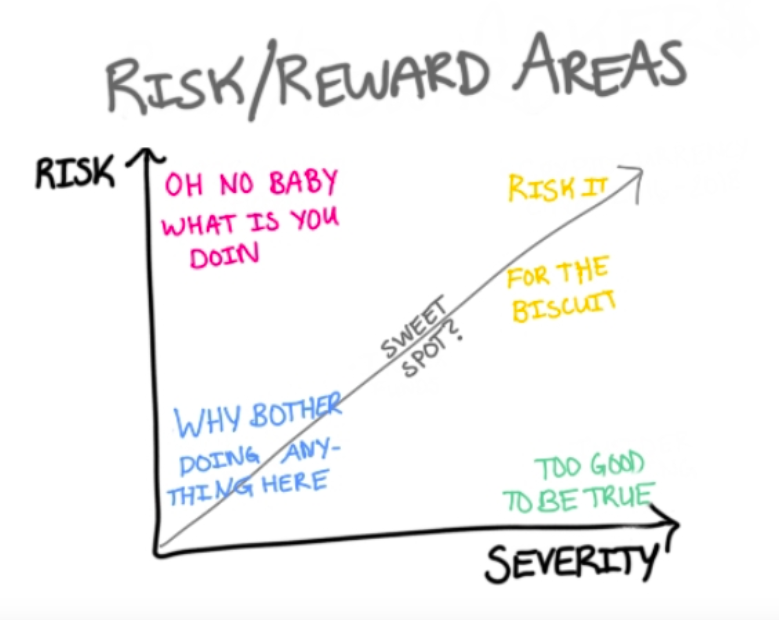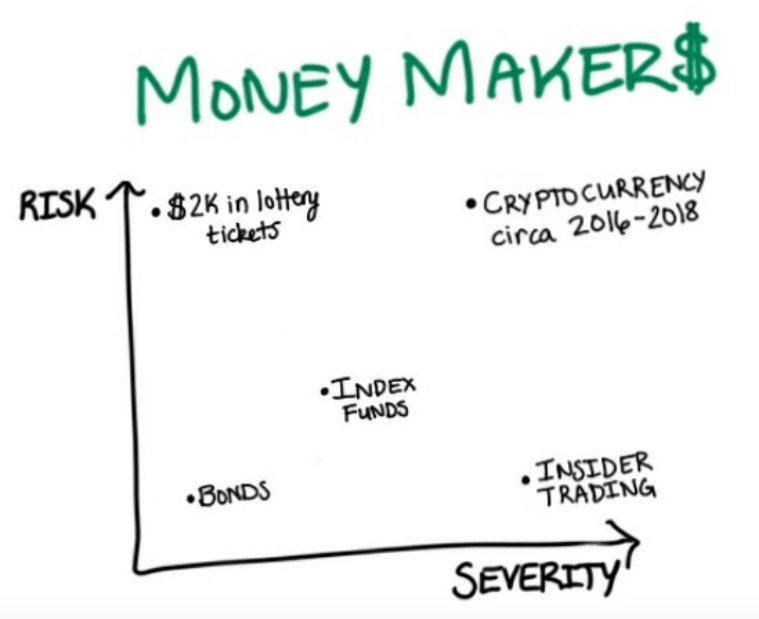Industrial and systems engineering is 50% statistics/math and 50% process engineering. It is truly a course of study I believe was meant for me. But even after going through it, I have managed to have feelings about life statistics.
The number of events that it took to get you where you are today is nearly infinite, thanks to the butterfly effect. That means the odds of you happening are infinitesimal. The odds of any version of you happening are infinitesimal. But that’s when you’re taking into account everything that had to happen to get you where you are today.
Yet, we find ways to analyze events in “closed” systems. We isolate variables, make assumptions, crunch some numbers, and answer the question: what are the odds? But we don’t really understand them, and how could we? People beat the odds all the time, and people lose to the odds all the time. We don’t always understand our own actions, let alone the odds surrounding them. People are born through multiple methods of birth control, and they die by walking outside. The odds of anything happening to you are small, but the odds of something happening are certain.
This is why risk and severity/reward charts are important. In this case, severe doesn’t necessarily mean bad. For example, playing one lottery ticket is low risk with a low expected return value/reward. Pouring your money in the lottery is high risk and a low return value, aka “Oh no baby what is you doin?” If you aren’t already familiar, a risk and severity chart looks something like this:


rendered by yours truly (me)
I try to stay at the line or below when I’m feeling safe. Occasionally I’m ready to risk it all above the line, but the opportunities are few and far between, the way they should be. But ultimately, any number of actions could be ranked on this chart. Crash dieting, (tandem) skydiving, riding a plane, or walking outside.
My point is, when you’re always taking a risk, do the things you love, and love the things you do. The odds were never in our favor, but fortune favors the bold. Instead of asking “What if,” ask, “Why not?” Because what do you have to lose that you weren’t already risking?



